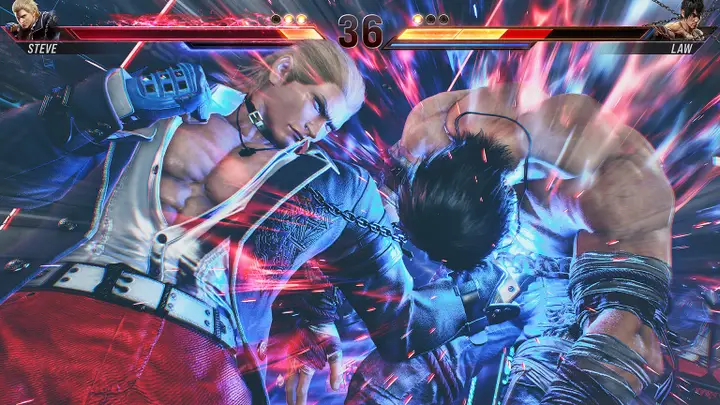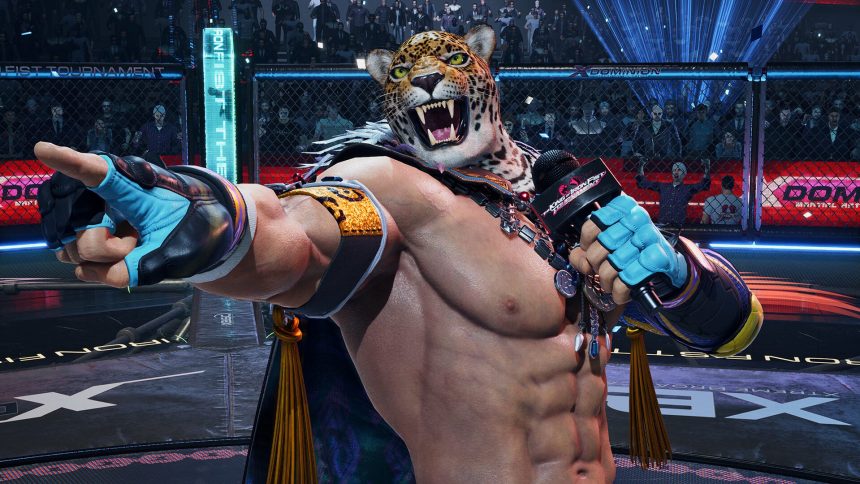Earlier this week, Bandai Namco revealed the post-launch plans for Tekken 8 in a live-streamed event. Among the announcements was the introduction of an in-game shop where players could purchase customization items and throwback character costumes using real money.
During the presentation, Tekken 8 chief producer Naoya Yasuda addressed potential concerns about the introduction of the shop, acknowledging that some players might have reservations about its inclusion.
He emphasized that the intention behind the shop was to keep the game fresh with new customization options rather than solely for profit. However, his choice of words, referring to a potential negative reaction as an “allergic reaction,” came across as dismissive to some.

The timing of this announcement raised eyebrows, as Tekken 8 had only been released a few weeks prior. It’s likely that Bandai Namco had been planning the shop for some time but chose not to disclose it until after the game’s launch, reviews were written, and word of mouth had spread. This decision could be seen as misleading to customers and akin to a bait-and-switch tactic.
The addition of an in-game shop may seem harmless to some, but for others, it introduces a series of decisions and considerations each time they consider making a purchase. The constant influx of new content in the shop could become overwhelming, particularly for players who prefer to make informed purchasing decisions.
This move by Bandai Namco is not unique in the gaming industry, with other companies also implementing similar monetization tactics post-launch. However, it reflects a broader trend of prioritizing revenue generation over transparent business practices and customer satisfaction.

Looking ahead, as the gaming industry faces slower growth rates, there’s concern that companies will become more desperate in their attempts to extract money from consumers. This could lead to further erosion of trust between companies and their player bases.
While the introduction of an in-game shop in Tekken 8 may seem like a minor issue, it highlights larger concerns about transparency and consumer rights in the gaming industry. As players become increasingly wary of monetization tactics, companies must prioritize ethical business practices to maintain trust and goodwill within their communities.







